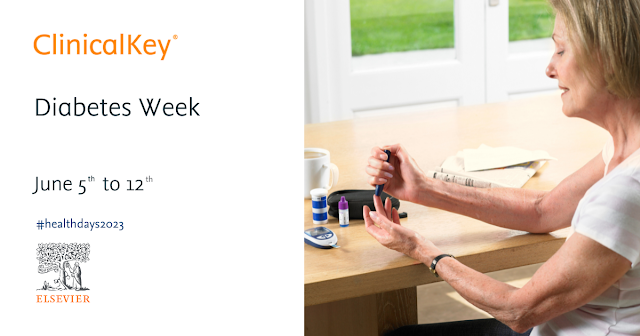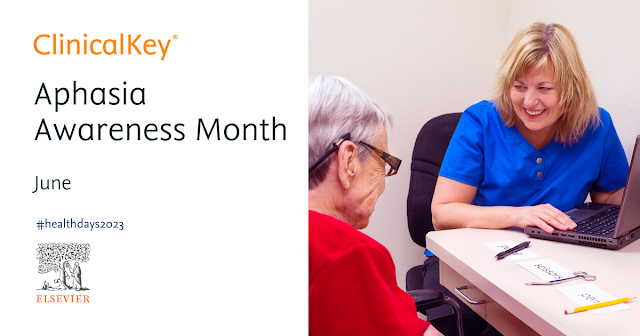What is happening on Clinical Key this month?
Clinical Key is available to UHNM staff via NHS OpenAthens login.
June 5th to 12th – Diabetes Week
For any person with diabetes, it’s important to minimize the risk of hypoglycemias, almost always induced by specific glucose-lowering therapies that augment insulin supply in a glucose-independent fashion. Check out our clinical overview about Hypoglycemia in Patients with Diabetes
June 12th to 16th – Healthy Eating Week
Let’s cook, it’s #HealthyEatingWeek! A healthy eating plan may help you to maintain a healthy weight, reduce the risk of chronic diseases, and stay active throughout your life. Discover our tips and advices about Healthy Eating from our patient education collection.
June 14th – Blood Donor Day
The donor vigilance process is one of the most important steps in the recruitment and retention of blood donors. Discover this article about blood donor discharge guideline to increase donor satisfaction by ensuring the organization's commitment to their health.
June 19th to 24th – Cervical Screening Awareness Week
It's #CervicalScreeningAwarenessWeek! Screening and management of preinvasive cervical lesions have led to substantial reductions in cervical cancer incidence and mortality. Because Cervical cancer can be preventable, a good starting point is Cervical Cancer, Screening and Prevention’s Clinical Overview.
All June– Aphasia Awareness Month
June is #AphasiaAwarenessMonth… but what is Aphasia? This disease is an acquired disorder of language resulting from brain damage. The damage may be vascular, traumatic, neurodegenerative, neoplastic, infectious, or inflammatory. To learn more about the subject, check out our clinical overview.
Need more help?
Just get in touch with the Health Library if you need any help accessing Clinical Key.




Comments
Post a Comment